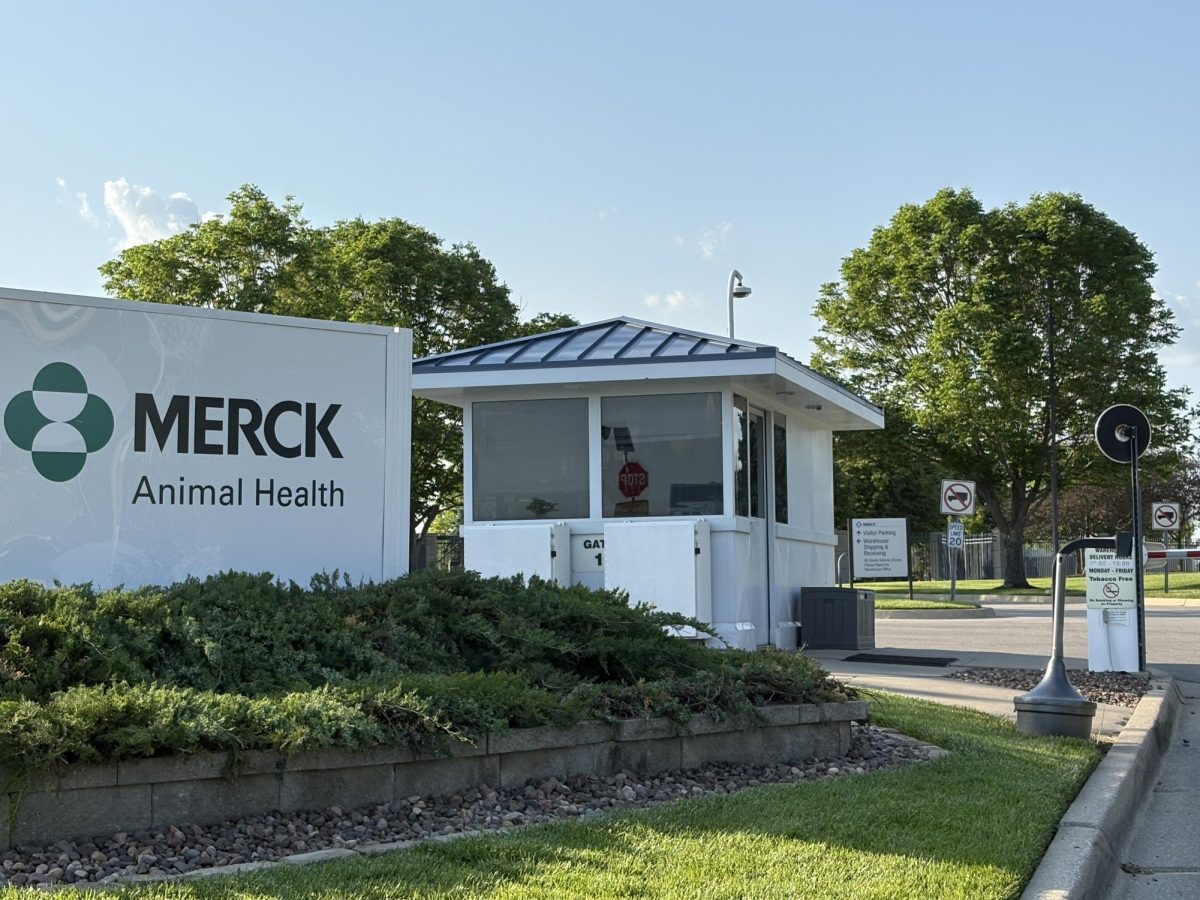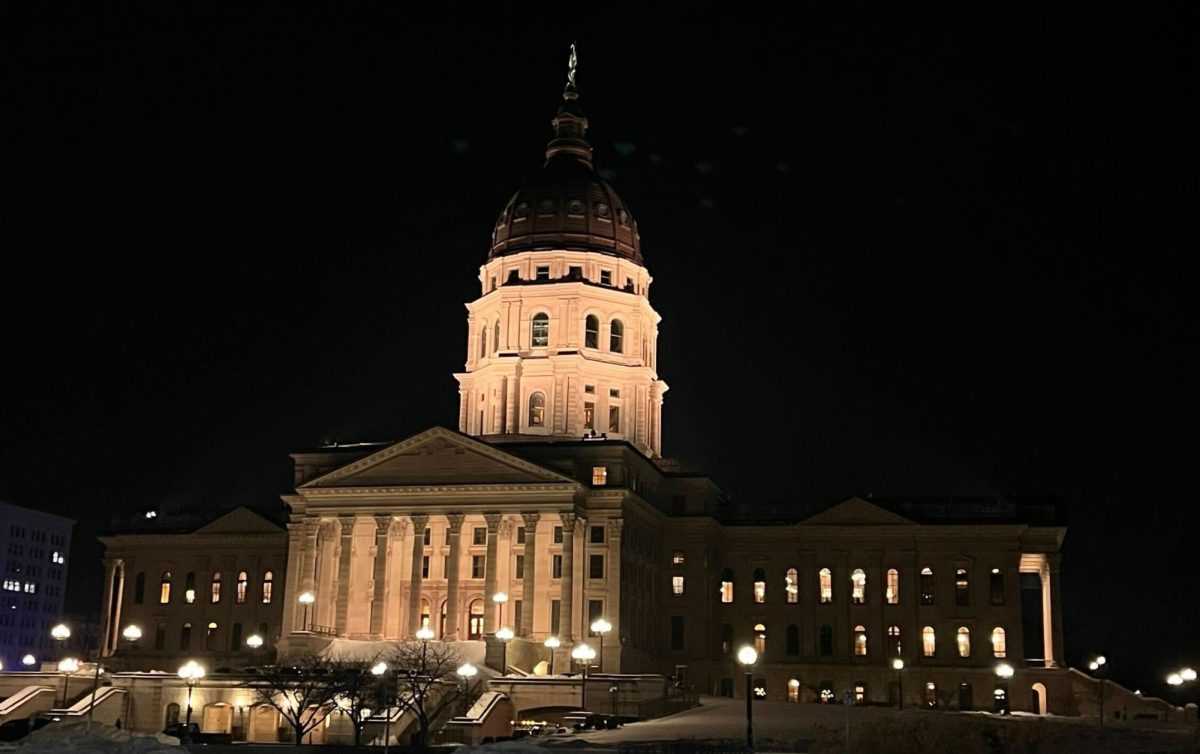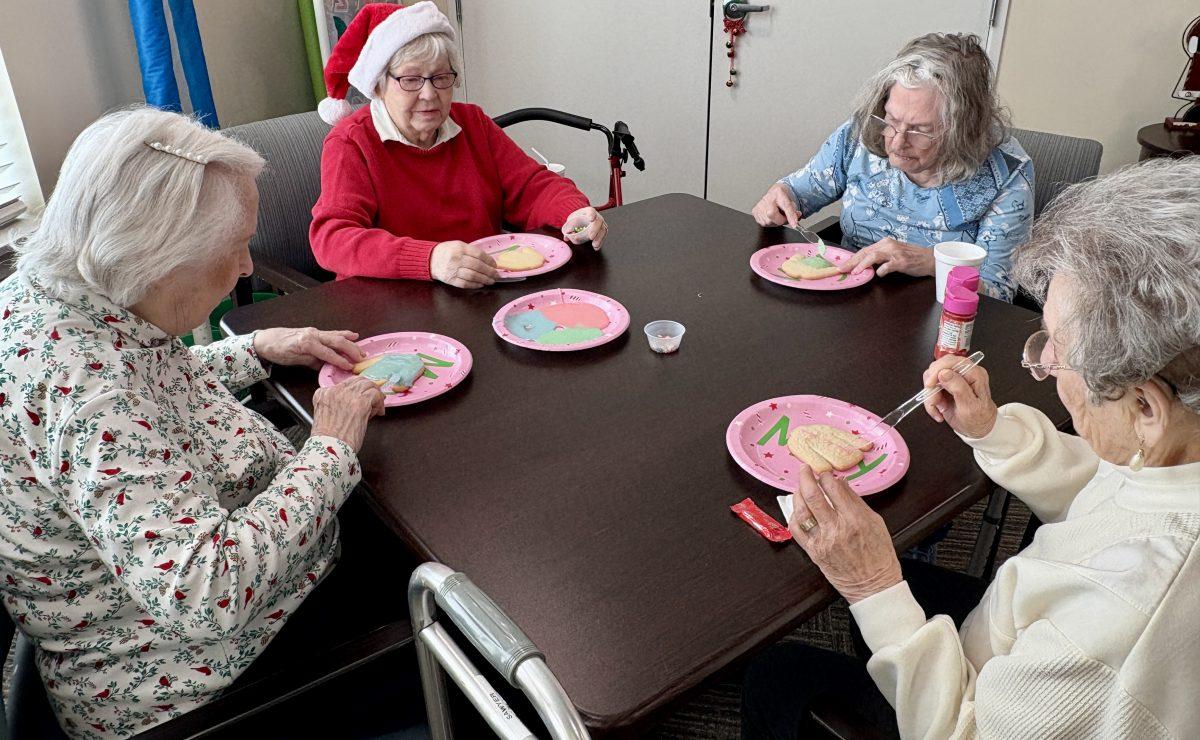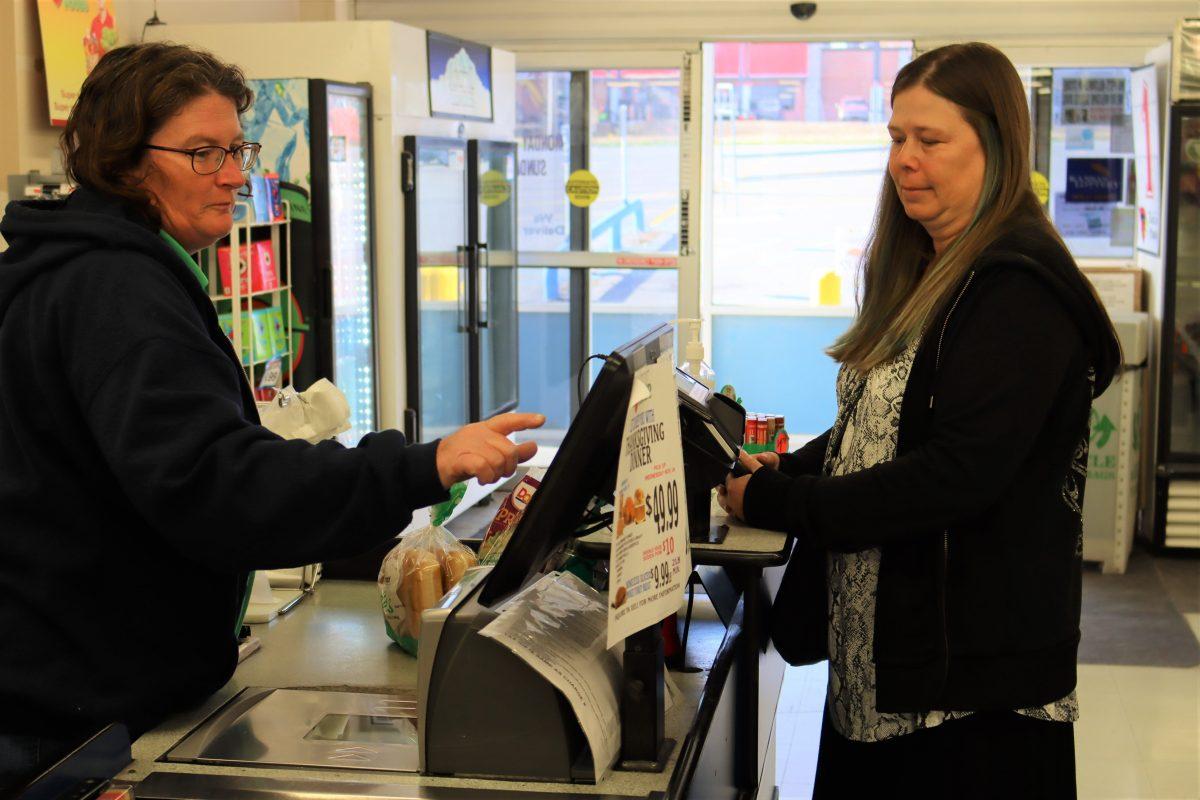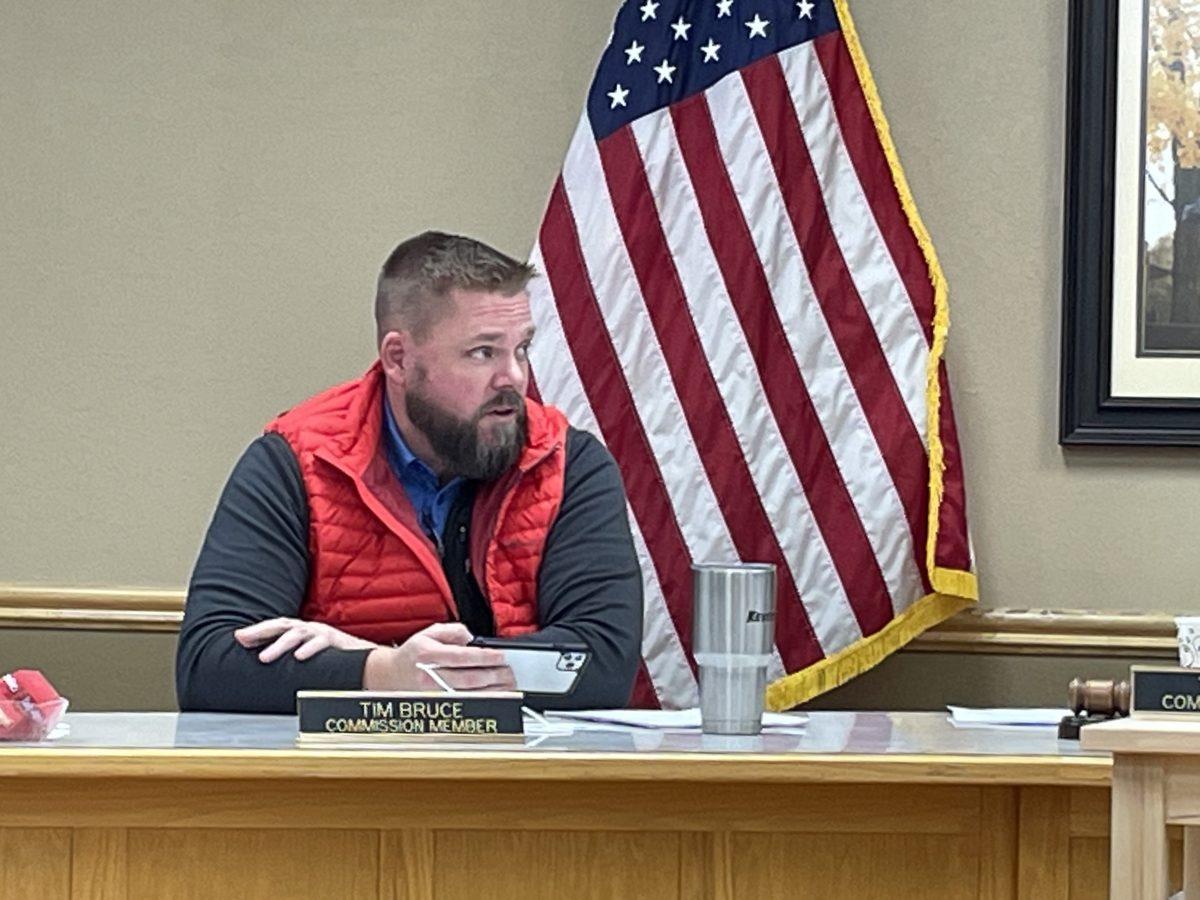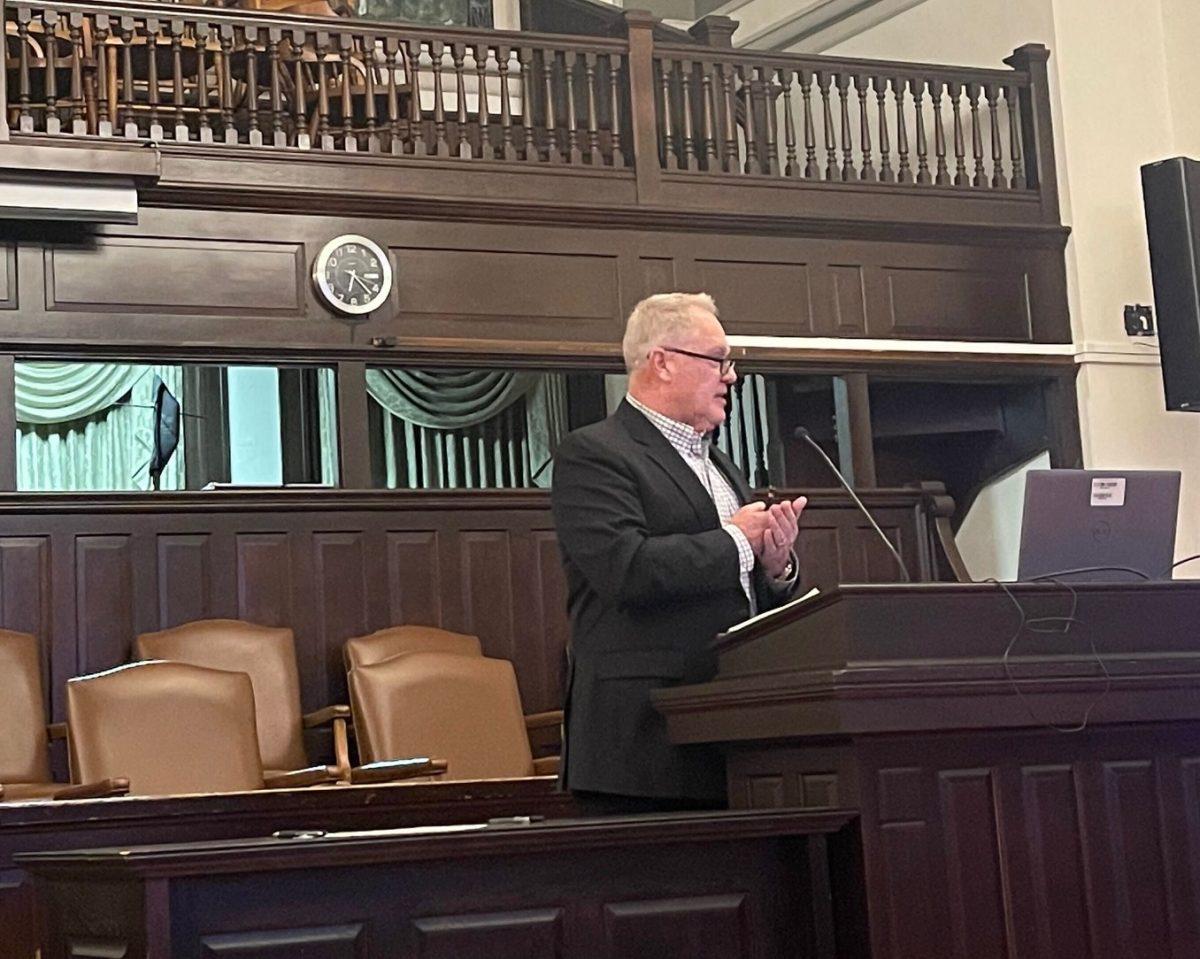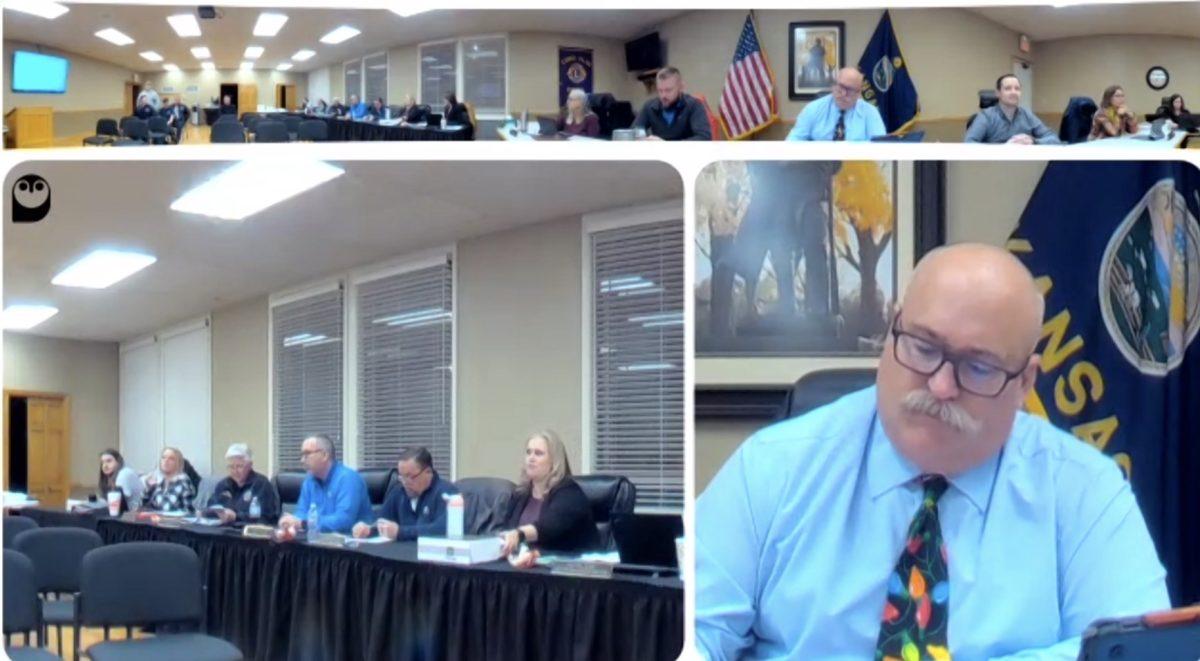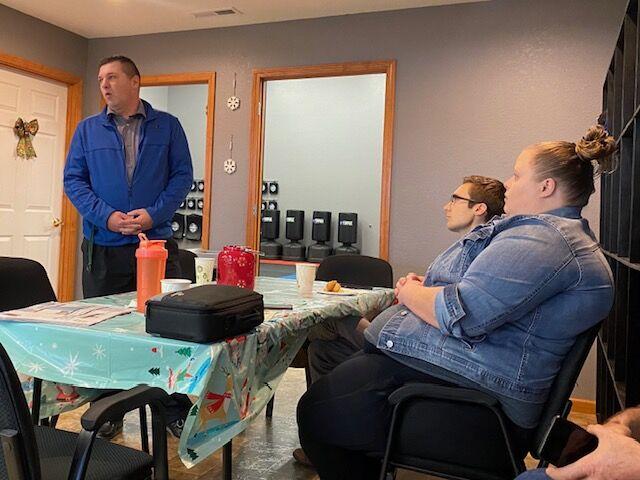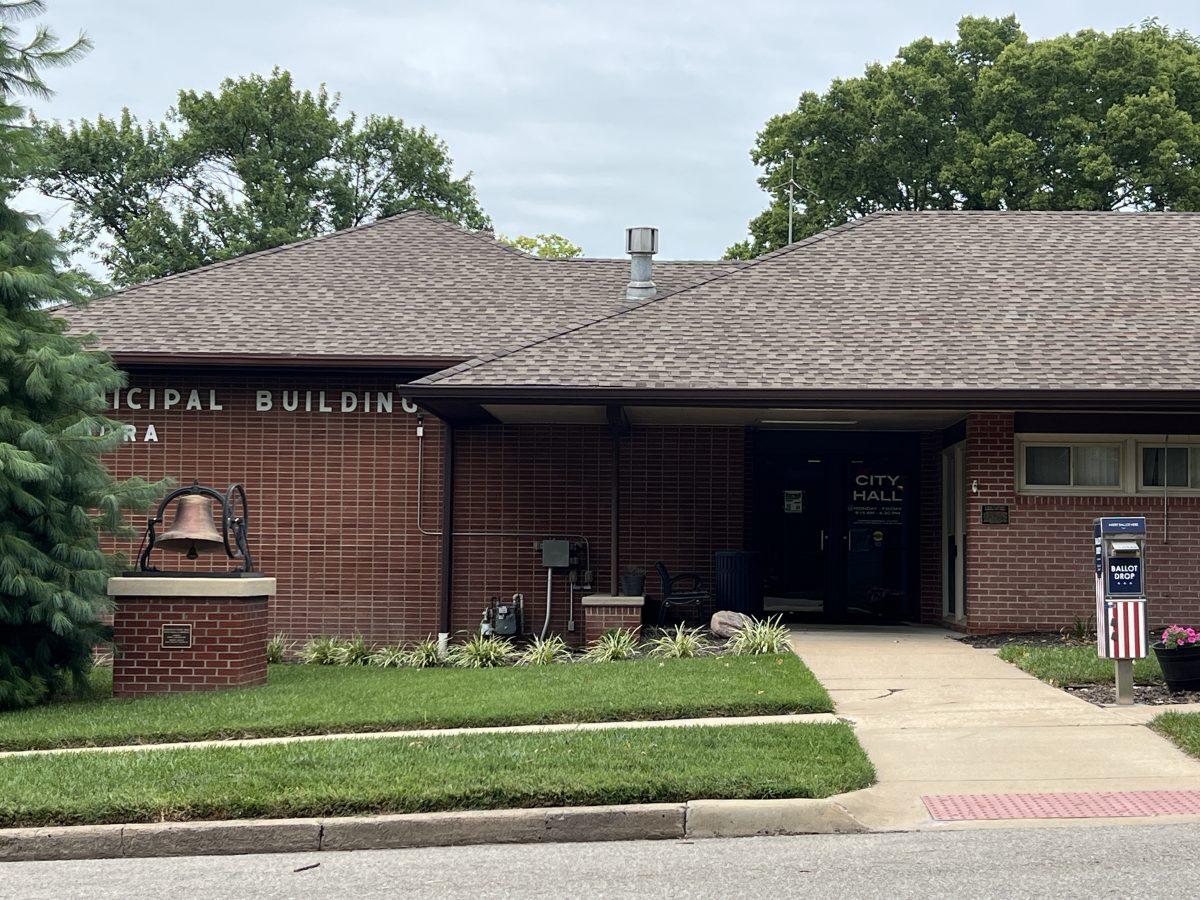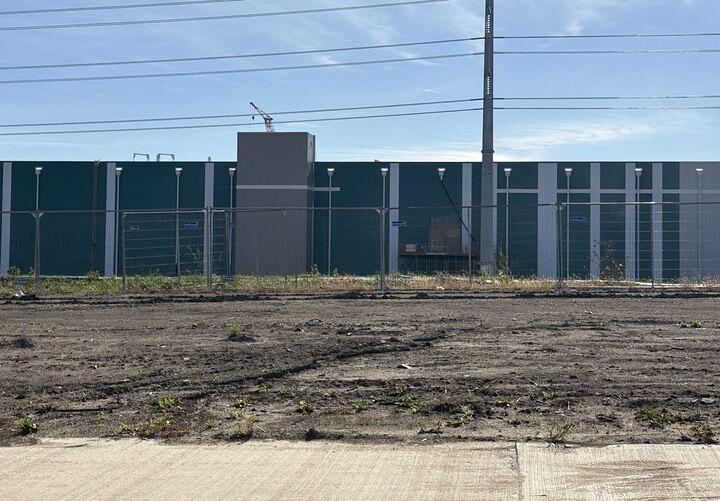A plan supported by Gov. Laura Kelly could save families hundreds of dollars a year at the grocery store, but some area residents questioned the state’s ability to afford the proposal.
Kelly recently announced her intention to eliminate Kansas’ 6.5% sales tax on food under her “Axe the Food Tax” plan. The state’s sales tax on grocery items is one of the highest in the country, second only to Mississippi. Kansas is one of seven states that fully taxes groceries.
Under the proposed tax elimination plan, Kansas families of four can expect to save about $500 on their grocery bill per year, according to the governor.
Kelly said this “has been a dream of mine for a long time,” but she hasn’t felt Kansas was in a financial position to approach the proposed law until now.
“Anybody who knows me knows that I am incredibly fiscally conservative,” she said. “I don’t like to spend money I don’t have, and it really wasn’t until this time, in this budget cycle, that I am very comfortable that we have the revenues to cover the elimination of the food sales tax and will be able to sustain that going forward.”
Recent customers at Gene’s Heartland Foods had mixed feelings about the plan.
“I agree, but I am concerned about where else we are going to pay that money. It still costs money to do all this,” Candace Wilson said.
Michelle Elling said she didn’t know enough about the plan and also wondered about the impact on other state priorities, like transportation, if the tax is eliminated.
Kathy Brecheisen said she doesn’t agree that Kansas is financially stable.
“I don’t know if it will save me that much. I just don’t care what they do. I have no control over what they do anyway,” she said. “Cut the tax, I’m all for cutting tax.”
The plan is expected to cost $450 million per year. The Kansas Department of Revenue announced earlier this month that Kansas’ total tax collections in October were more than $100 million higher than estimated for the month and that tax collections overall for this fiscal year have also been higher than expected.
Republican gubernatorial candidate Derek Schmidt also supports eliminating or reducing the sales tax on groceries during the 2022 legislative session. In a recent letter to legislators, he said doing so “is vitally important to support working families.”
Gene’s Heartland Foods manager Lance Handley said he recognizes customers’ concerns about the sales tax. He said grocery tax is another factor on residents’ minds when thinking about spending.
“I think most customers believe we are being taxed too much. With all the labor shortages and people paying more, the prices of goods are starting to shoot up,” Handley said. “So eliminating the sales tax could counterbalance the issues that are already piling up.”
Kelly anticipates bipartisan support for this proposal during the 2022 legislative session.
If passed, this law would immediately eliminate state sales tax on food, but local governments can still decide on their own sales tax rate. Kelly said the law could be put in effect as early as April 1, but expects it to be closer to July 1, if approved.
“Given the revenues that we have coming in now and given most people’s interest in doing something about the food sales tax — and given that the speaker of the House and Senate president have both voiced support — I am optimistic,” she said.
Reach reporters Emily Binkley and William Crow at [email protected].
To donate to support our community journalism, please go to this link: tinyurl.com/y4u7stxj



